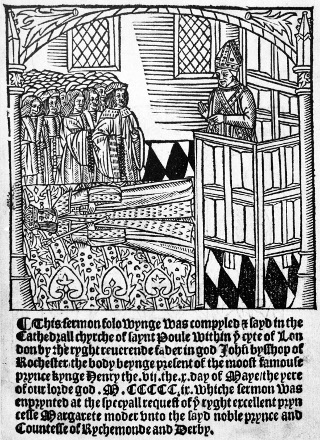Amazoncom *free* shipping on qualifying offers complete with vespers and the. Pyar Ki Ek Kahani Serial Video Free Download. Related book pdf book st andrew daily missal 1945 hardcover: home icp final exam. Saint andrew daily missal Download saint andrew daily missal or read online books in PDF, EPUB, Tuebl, and Mobi Format. Click Download or Read Online button to get.
The following reflection on the Feast of Corpus Christi was written by Dom Gaspar Lefebvre O.S.B. For the 1945 Saint Andrew Daily Missal (). As Dom Lefebvre (17 June 1880 – 16 April 1966) states within his brief meditation, “We should regard the Mass as the centre of all Eucharistic worship, seeing in Holy Communion the means instituted by our Lord to enable us to share more fully in this divine Sacrifice.” After the dogma of the Holy Trinity, the Holy Spirit reminds us of the dogma of the Incarnation of our Lord, in celebrating with the Church the greatest of all sacraments, summing up the whole life of the Redeemer, giving infinite glory to God and applying the fruits of the Redemption at all times to ourselves.


It was on the cross that our Lord redeemed us and the Holy Eucharist, instituted on the night before our Lord’s passion, remains its memorial. The altar is the extension of Calvary; the Mass “shows the death of the Lord”. Jesus is there in the state of a victim, for the words of the double consecration mean only that the bread is changed into the Body of Christ and the wine into His Blood. On account of this double action with different effects, which constitutes the sacrifice of the Mass, we are entitled to speak of our Lord’s presence under the appearance of bread as that of the Body of Christ, although, since He can die no more, the whole Christ there contained; similarily we may speak of the Presence under the appearance of wine as that of His Blood, although He is contained there whole and entire. Through His priests, our Lord Himself, the principal Priest of the Mass, offers in an unbloody manner His Body and Blood which were really separated on the Cross, but on the altar only in a representative or sacramental sense, the matter and words used and the effect produced being different in the two consecrations. Besides, the Eucharist was instituted under the form of food, that we may be united with the Victim of Calvary, so that the Sacred Host becomes the “wheat” which feeds our souls.